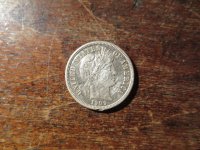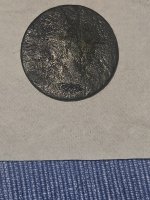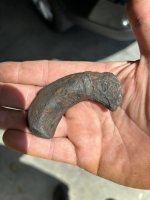GYirga
Jr. Member
- Mar 11, 2006
- 74
- 1
I have justed booked a condo a few miles south of St Augustine on the beach. Never been to the area before and have plans of detecting every chance I get. Are all beach areas open to detect between the toe of the dune and the low tide mark like the rest of Florida or are there areas that detecting on the beach is not allowed? I would hate to get into trouble just because I did not know the local rules. I would also appreciate any tips of good areas on the beaches in the area to hunt.
Thanks
Thanks





